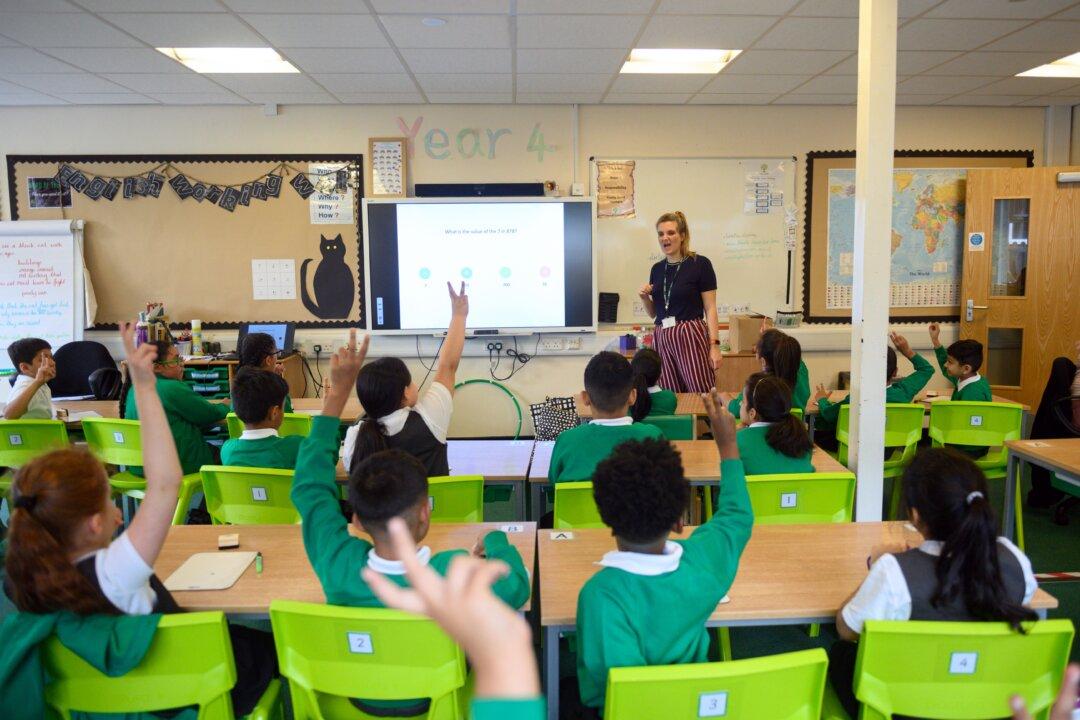Parents have the fundamental right to know what their children are being taught in relationships, sex, and health education (RSHE), the education secretary has said in a letter to all schools in England.
Relationships education has been a compulsory part of the primary school curriculum since September 2020, while at secondary level relationships and sex education must be taught.





